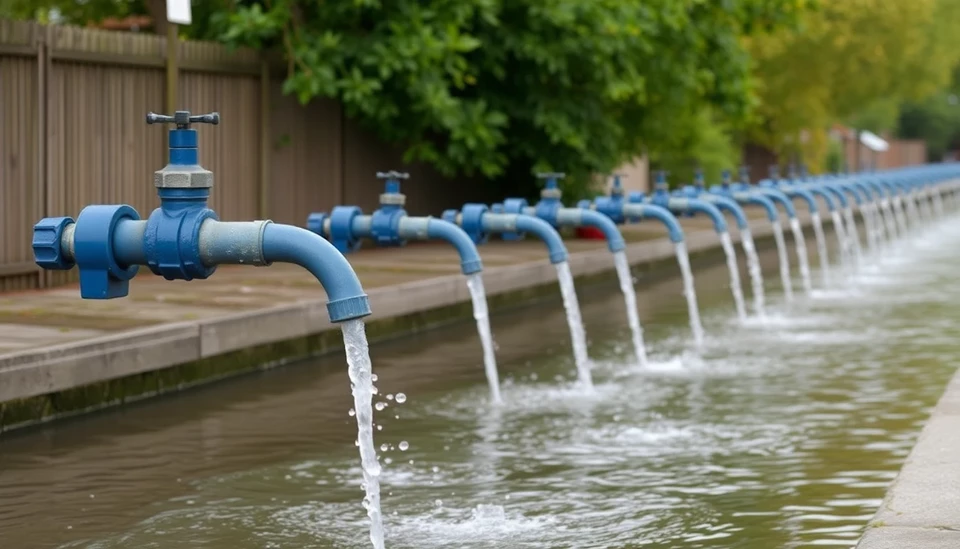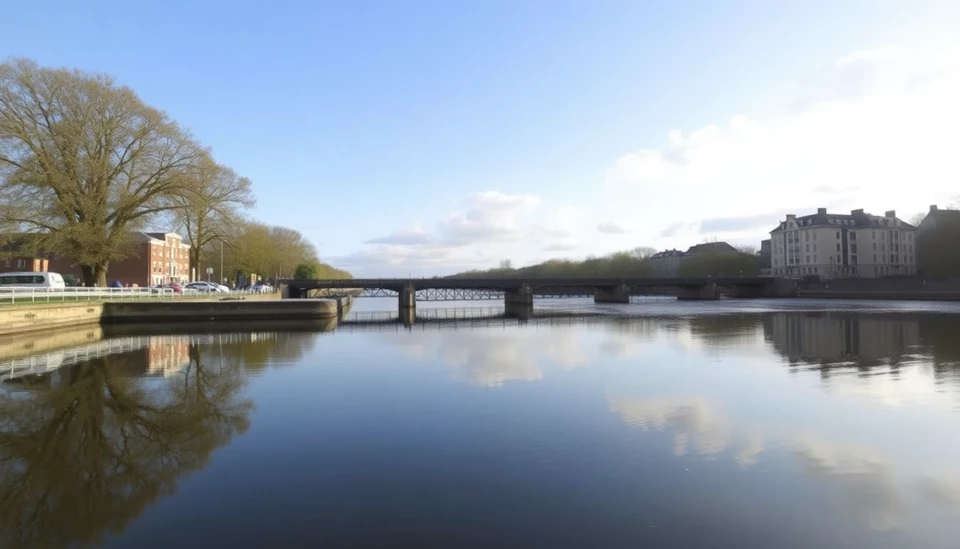
In a significant development for the UK water sector, Thames Water has formally requested the Competition and Markets Authority (CMA) to conduct an inquiry into a recent decision made by the water regulator, Ofwat, regarding its business plan for the next five years. This move underscores ongoing tensions in the regulatory landscape as water companies grapple with increasing scrutiny and demands from stakeholders.
The request comes after Ofwat, which oversees the economic regulation of the water sector in England and Wales, rejected Thames Water's submission for its price-setting framework. The regulator's decision affects how Thames Water plans to invest and operate, raising concerns over its ability to adequately service its customer base while maintaining necessary infrastructure improvements.
Thames Water is one of the largest water suppliers in the UK, servicing around 15 million customers. The company has highlighted that the rejection could hinder its plans to enhance water quality and secure its operations against the backdrop of climate changes and population growth. According to Thames Water, the Ofwat decision could impose restrictions that would not only impact current efforts but also future projects critical for ensuring a sustainable water supply.
Ofwat has been under pressure from various quarters, including environmentalists, consumers, and government bodies, to ensure that water companies deliver excellent service while being financially prudent. Critics argue that many water firms have fallen short in terms of investment and performance, leading to broader calls for reform within the sector.
In its submission to the CMA, Thames Water is likely hoping to challenge Ofwat's ruling, arguing that the current pricing and investment model does not sufficiently support operational demands and sustainability efforts. If the CMA accepts the case, it could lead to a re-examination of the business plan framework set out by Ofwat, potentially altering how water suppliers are regulated in the UK.
This situation highlights the delicate balancing act regulators must perform between ensuring that companies operate efficiently and providing quality services to the public. With rising concerns about water shortages, pollution, and the financial viability of water suppliers, the outcome of Thames Water's appeal could have far-reaching implications for the industry.
Industry experts will be watching closely to see how this request unfolds. A successful appeal could pave the way for a more favorable regulatory environment for Thames Water and other companies in a similar position. Alternatively, Ofwat’s decision could be reinforced, which might drive Thames Water to reconsider its operational strategies altogether.
The water industry continues to face scrutiny, and how Thames Water navigates this turbulent period will likely set a precedent for future regulatory engagements and corporate governance in the sector.
Stay tuned as we continue to follow this evolving story and its implications for consumers and the water industry as a whole.
#ThamesWater #Ofwat #CMA #UKWaterSector #BusinessPlan #WaterRegulation #Sustainability
Author: Samuel Brooks




